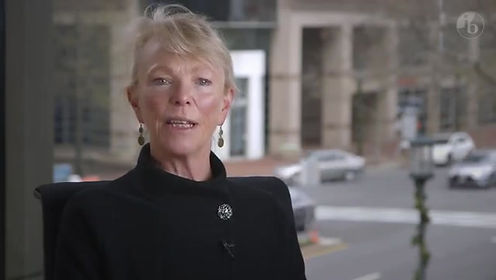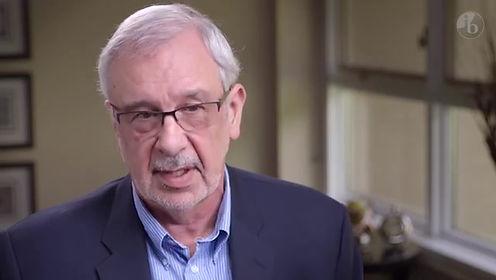
Stanford University Answers Your Questions
How do colleges and universities view the International Baccalaureate?

What are some of the life skills that students take away from the Diploma Programme?

What distinguishes IB students in the university application process?

Course of Study

All International Baccalaureate (IB) Diploma Programme students study six courses at higher or standard levels.
Students take one subject from each group, thus ensuring breadth of experience in
languages, social studies, the experimental sciences, and mathematics.
The IB Diploma Programme at Terry Parker allows students to participate in an
internationally recognized course of study that is recognized by colleges and universities in over 100 countries.
This course of study aims to encourage students to be knowledgeable and inquiring, but also caring and compassionate.
There is a strong emphasis on encouraging students to develop intercultural understanding, open-mindedness, and the attitudes necessary for them to respect and evaluate a range of points of view.
The Course of Study for Terry Parker students is currently the following subject(s) within each group:
Studies in Language & Literature (Group 1):
-
English A: Literature
Language Acquisition (Group 2):
-
Spanish B
Individuals & Societies (Group 3):
-
History of the Americas
-
Psychology
Sciences (Group 4):
-
Biology
Mathematics (Group 5):
-
Mathematics: Analysis & Approaches
The Arts (Group 6):
-
Film
-
Food Science
-
Students may study Psychology (Group 3)
In addition, the programme has three core requirements that are included to broaden the educational experience and challenge students to apply their knowledge and understanding:
-
The Extended Essay (EE) is a requirement for students to engage in independent research through an in-depth study of a question relating to one of the subjects they are studying.
-
Theory of Knowledge (TOK) is a course designed to encourage each student to reflect on the nature of knowledge by critically examining different ways of knowing (perception, emotion, language and reason) and different kinds of knowledge (scientific, artistic, mathematical and historical).
-
Creativity, Activity, Service (CAS) requires that students actively learn from the experience of doing real tasks beyond the classroom. Students can combine all three components or participate in experiences related to each one of them separately.
